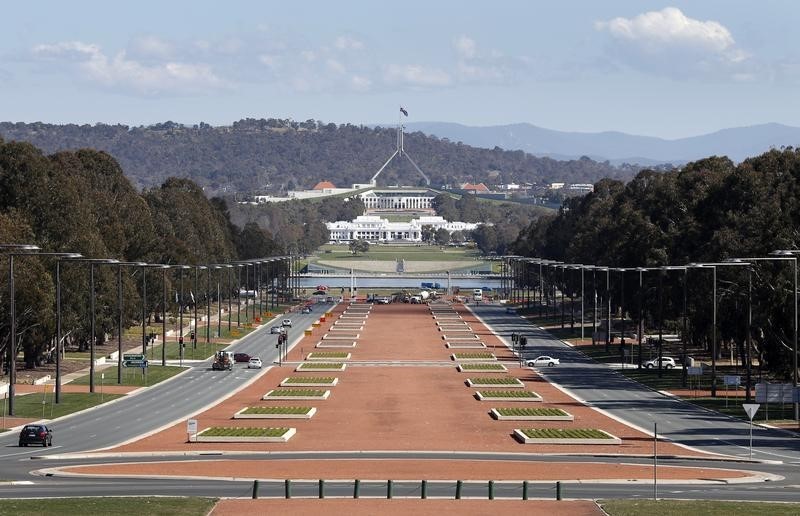By Tom Westbrook and Yuzuha Oka
SYDNEY, July 12 (Reuters) - Australians have elected a divided parliament stacked with fractious independents and minor parties but the nation's weary political leaders are united on at least one front: the need for electronic voting.
Counting in Australia's July 2 election dragged into its 10th day on Tuesday, drawing unfavourable comparisons with Japan, Iceland and Spain, where recent elections were all decided in less than a day.
Britons took just seven hours to calculate their contentious Brexit vote to leave the European Union last month.
Prime Minister Malcolm Turnbull and Opposition leader Bill Shorten have backed e-voting as a solution to Australia's snail-paced count, although experts warn of security issues and others bemoan the potential loss of typically Australian election day quirks like the "sausage sizzle". said on Sunday, after already more than a week of hand-counting of ballot papers, that it shouldn't take "a grown-up democracy" so long to figure out who has won. in Australia, where voting is compulsory, is usually resolved on the same evening that Australia's 15 million voters cast their ballots.
But a tight election this year and a close-run poll in 2010 demonstrate how polls can drag on for weeks before final results are declared, with electoral officials recounting by hand as they painstakingly pore over slender margins and wait for postal ballots to arrive.
By comparison, more than 45 million votes were cast in Japan on Sunday and more than 33 million were cast in the Brexit referendum. Both polls produced results within hours.
E-voting could solve Australia's quandary by delivering an instant, computer-counted result, but experts warn the risks might outweigh the benefits.
Electronic voting is currently available to vision-impaired voters via an automated telephone system. It has also been trialled at state polls. In a 2015 trial in New South Wales, Australia's most populous state, internet security experts found the process vulnerable to hacking.
"Security issues around electronic voting are not solved. Software errors and security problems could potentially impact the election result," said Vanessa Teague, a lecturer in computer and information systems at University of Melbourne. (Editing by Jane Wardell and Paul Tait)
